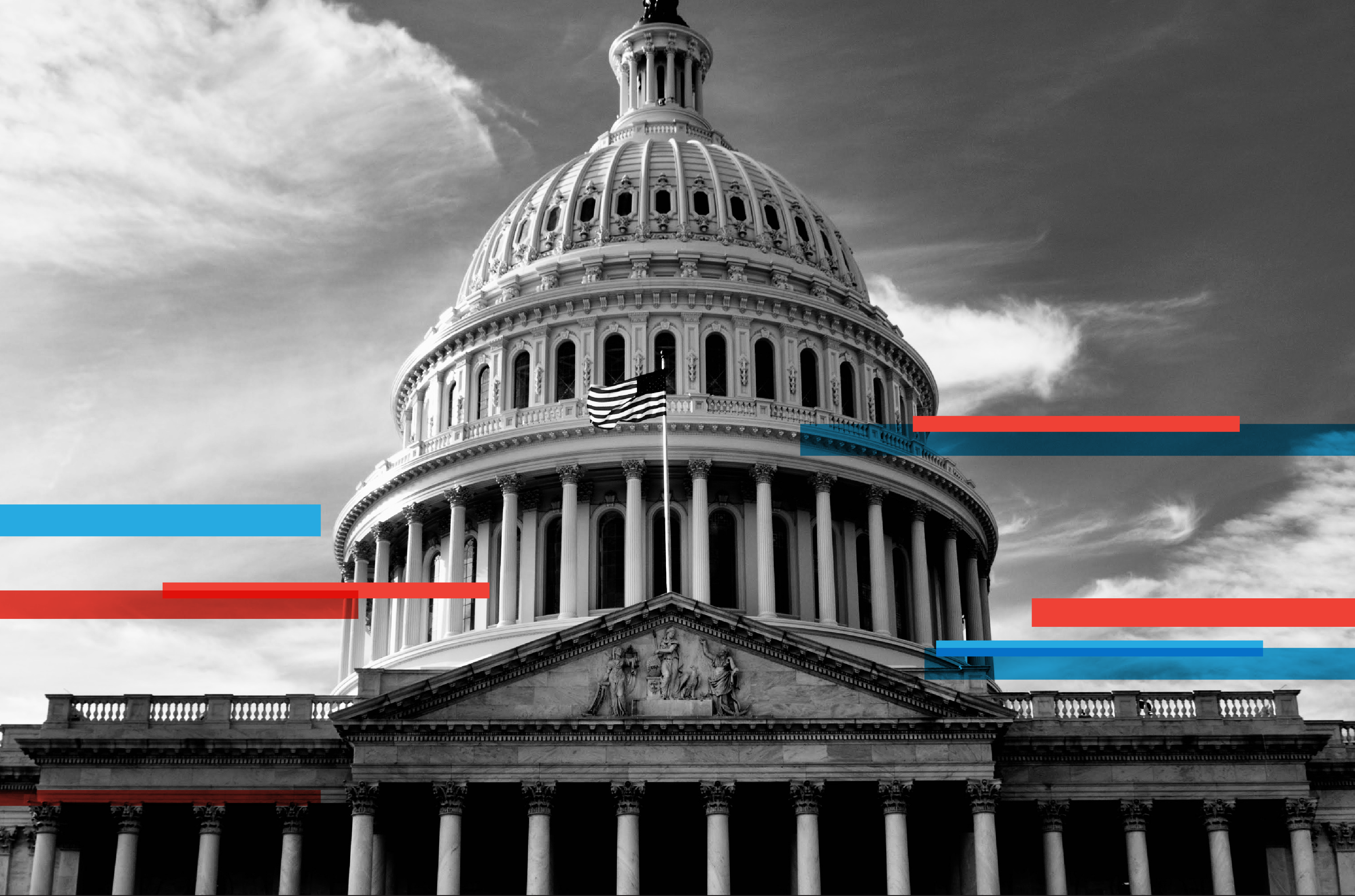Dear Friends,
I’m excited to welcome you to the first edition of the Carnegie American Statecraft Program newsletter. (Please subscribe below!) In each edition, we’ll explore a pressing question of U.S. foreign policy, share the latest analysis from our scholars, and highlight pieces from other experts that especially impressed us--check out our top-three at the end of this email.
Here we focus on the impending transition to Trump II. The incoming team will suffer no scarcity of foreign policy challenges. But with challenges also come opportunities.
What should they do?
The Trump administration’s plan for a ceasefire in Ukraine could be a big step in the right direction. We’ll be tracking whether they build the team and deploy the diplomatic skills needed to pull off what is sure to be a complex and vexing negotiation.
Trump has promised major changes in U.S. foreign policy beyond Ukraine, but getting there is no small task. As Stephen Wertheim and I write, “Since World War II, many U.S. leaders have attempted to change the country’s foreign policy, and their efforts have often fallen short. Inertia is a powerful force.”
We were surprised at how little China factored in the elections, given widespread concern about the President Xi’s intentions with Taiwan and rising hostilities around the world. Is this an opening for progress on the set of goals we recently outlined for putting the relationship on steadier ground?
Closer to home, Peter Harrell argues that the Trump administration can leverage the 2026 USMCA renegotiations to strengthen U.S. industry, build supply chain resilience, and promote secure supplies for clean energy materials.
Global reactions to the election have meanwhile been rolling in—some governments are scrambling to “Trump-proof” their strategies, while others anticipate economic opportunities and a relief from the Biden administration’s focus on human rights and democracy.
We truly want to hear your thoughts on what lies ahead in 2025. Please click below to subscribe to this newsletter and drop us a note on X (@CEIPStatecraft) or LinkedIn.
We want to know what you are thinking!
Best,
Christopher S. Chivvis
U.S.-China Relations for the 2030s: Toward a Realistic Scenario for Coexistence
Can the U.S. and China manage their tensions and cooperate on global issues? If there is any hope of stabilizing the U.S.-China relationship, policymakers need a realistic vision of what that might look like. Covering military, economic, and political terrain, 12 top scholars offer their projections and recommendations for how Washington should shape its policy toward China in the next decade.
By Christopher S. Chivvis, Mariano-Florentino (Tino) Cuéllar, Evan S. Medeiros, Stephen M. Walt, John Culver, Rosemary Foot, C. Fred Bergsten, Edoardo Campanella, Meg Rithmire, M. Taylor Fravel, Eric Heginbotham, George Perkovich, Audrye Wong, and Stephen Wertheim
Strategic Change in U.S. Foreign Policy
How can large foreign policy shifts happen despite pressures to maintain the status quo? Making strategic changes in foreign policy is difficult for the United States. In our study we analyze five historical cases when presidents have sought to bring about significant shifts in U.S. foreign policy and draw the lessons for the incoming administration.
By Christopher S. Chivvis, Jennifer Kavanagh, Sahil Lauji, Adele Malle, Samuel Orloff, Stephen Wertheim, and Reid Wilcox
Asia Should Encourage ‘Trump the Peacemaker’
In Global Asia, Stephen Wertheim makes the case that countries in Asia should encourage “Trump the dealmaker and peacemaker.”
As Donald Trump returns to the White House with a stated goal of ending the conflicts in Ukraine and the Middle East, there is a real opportunity for leaders across the Asia-Pacific —ranging from Japan and South Korea to China— to engage him. This shift in focus could open the door to outcomes that serve both U.S. interests and global stability.
By Stephen Wertheim
A FEW OF OUR RECENT FAVORITES FROM YOU ON THE THEME OF TRANSITION…
The Democrats Must Radically Rethink Foreign Policy
-- Anatol Lieven
“A deep and searching debate on the Democratic party’s approach to foreign affairs is now urgent.”
[The Guardian]
America Is Cursed by a Foreign Policy of Nostalgia
-- Matt Duss and Nancy Okail
“Washington needs something better than “America First” and “America Is Back”.”
[Foreign Affairs]
Can the Next President Change U.S. Foreign Policy?
-- Zack Cooper, Melanie Marlowe, and Christopher Preble
“There is a growing disconnect between the foreign policy objectives of the United States and the resources it devotes to national security.”
[Net Assessment Podcast - War on the Rocks]
